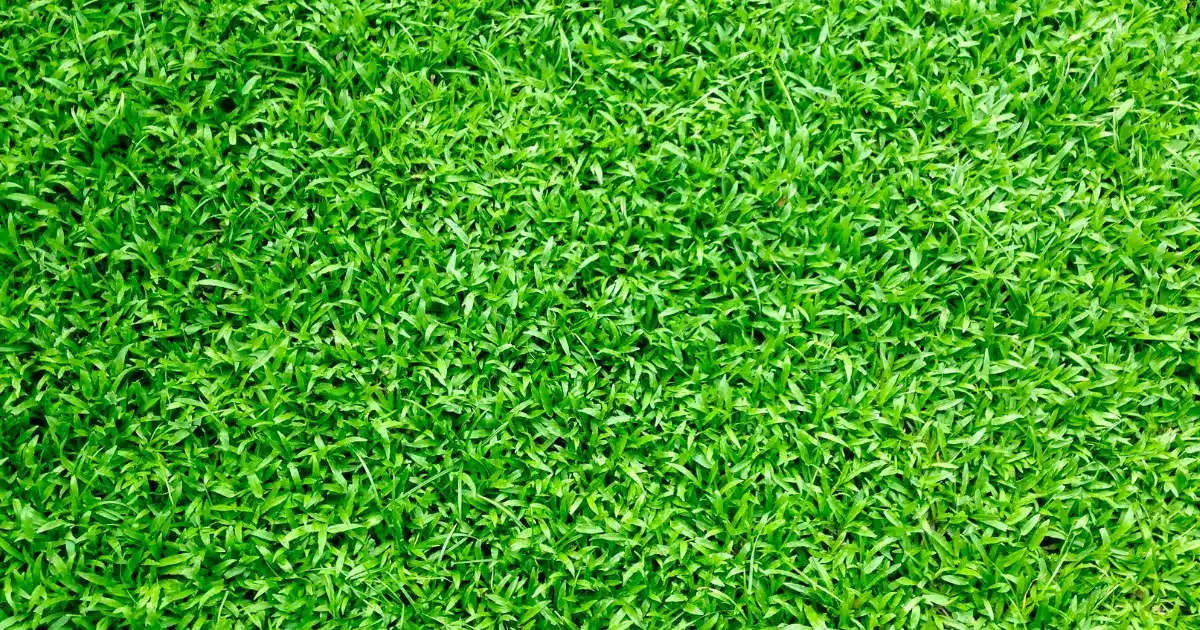
Don't Wait! Sale Ends Soon
Search Our Vast Inventory of Flooring Products at Unbeatable Prices
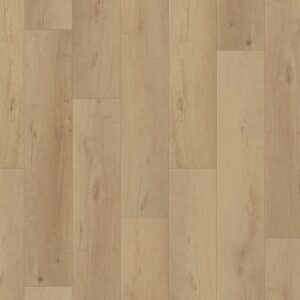
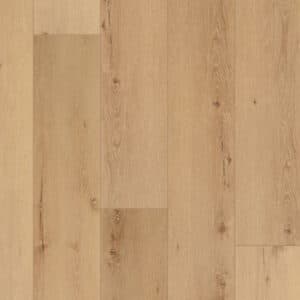
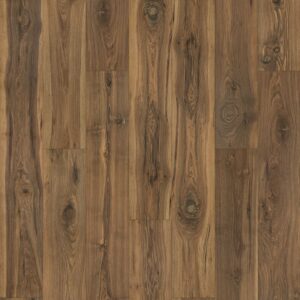
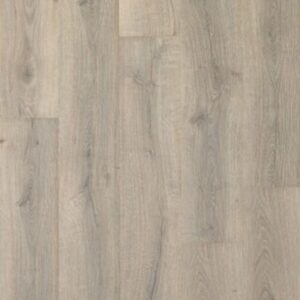
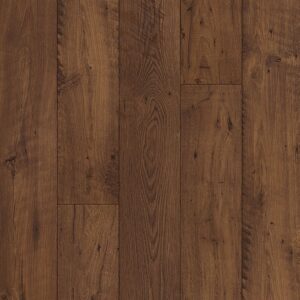
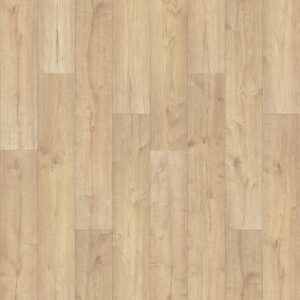
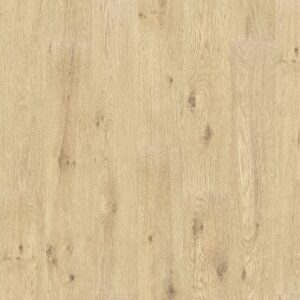
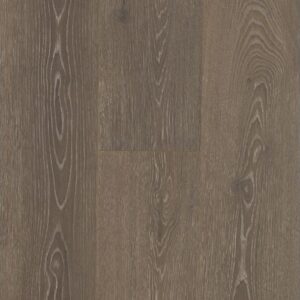
Our inventory features top flooring brands known for quality and durability, such as Mohawk, Dreamweaver, COREtec, and Shaw.






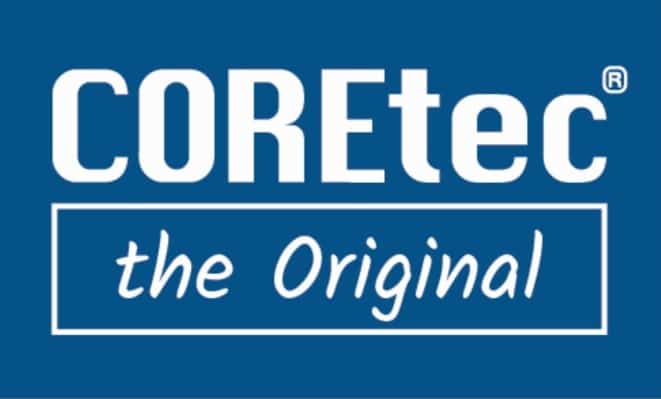
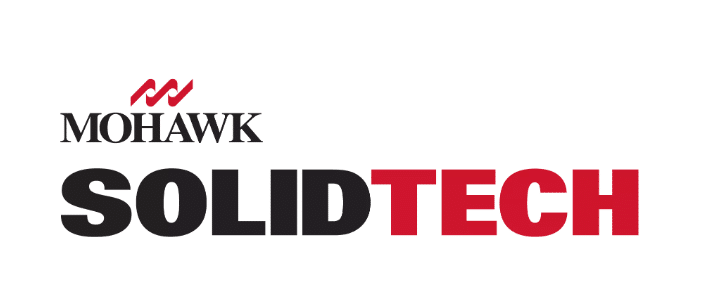
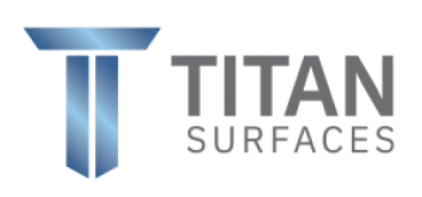




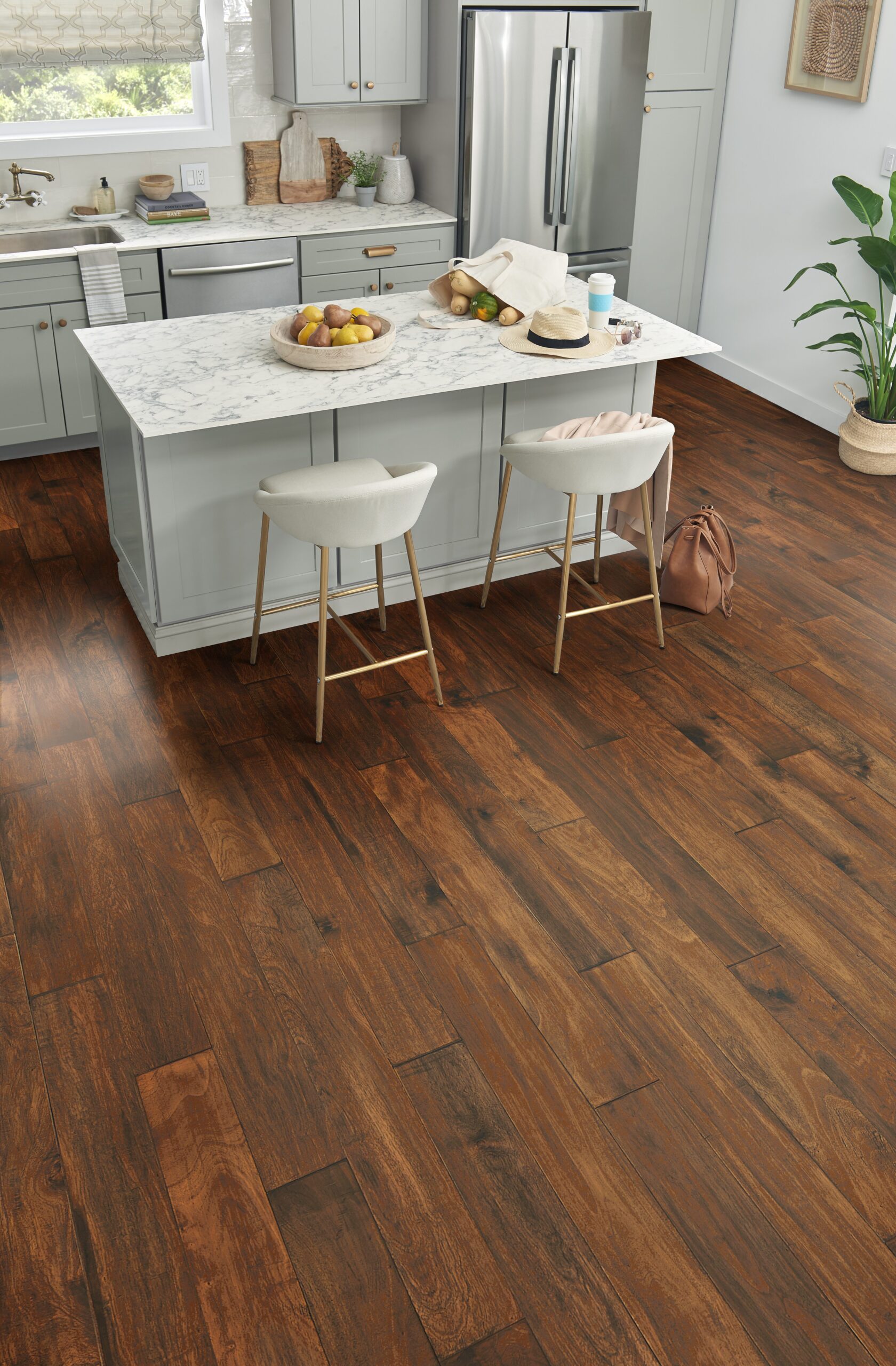
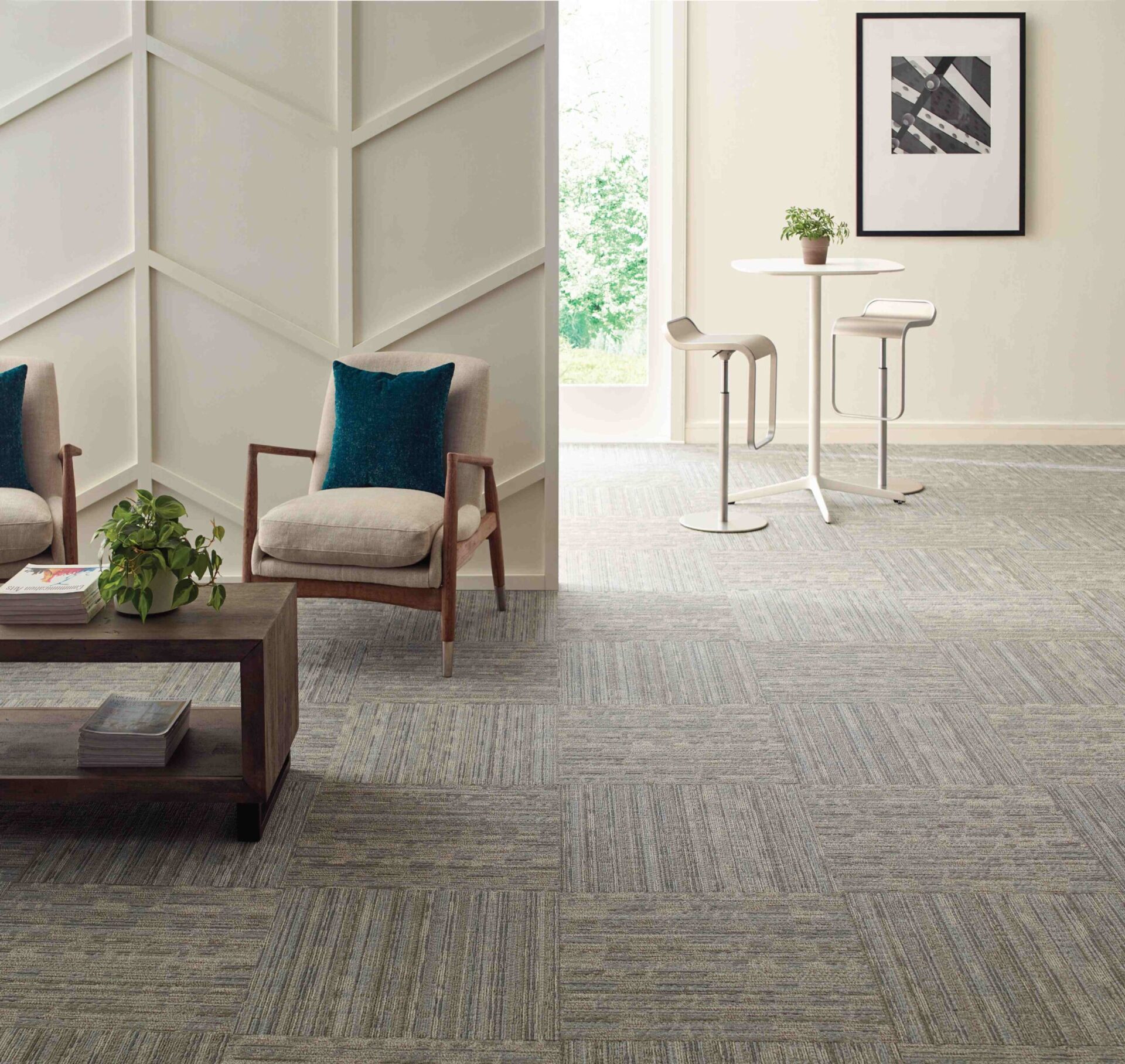
Rogers Family Flooring has been a cornerstone in the flooring industry for two decades, offering wholesale flooring solutions. As a family-oriented business, we pride ourselves on providing exceptional service to our customers. Our commitment to excellence is reflected in our dedication to offering deals from all major manufacturers in the flooring industry. At Rogers Family Flooring, your satisfaction is our top priority, ensuring that every step of your flooring journey is seamless and enjoyable. That’s our pledge to you.
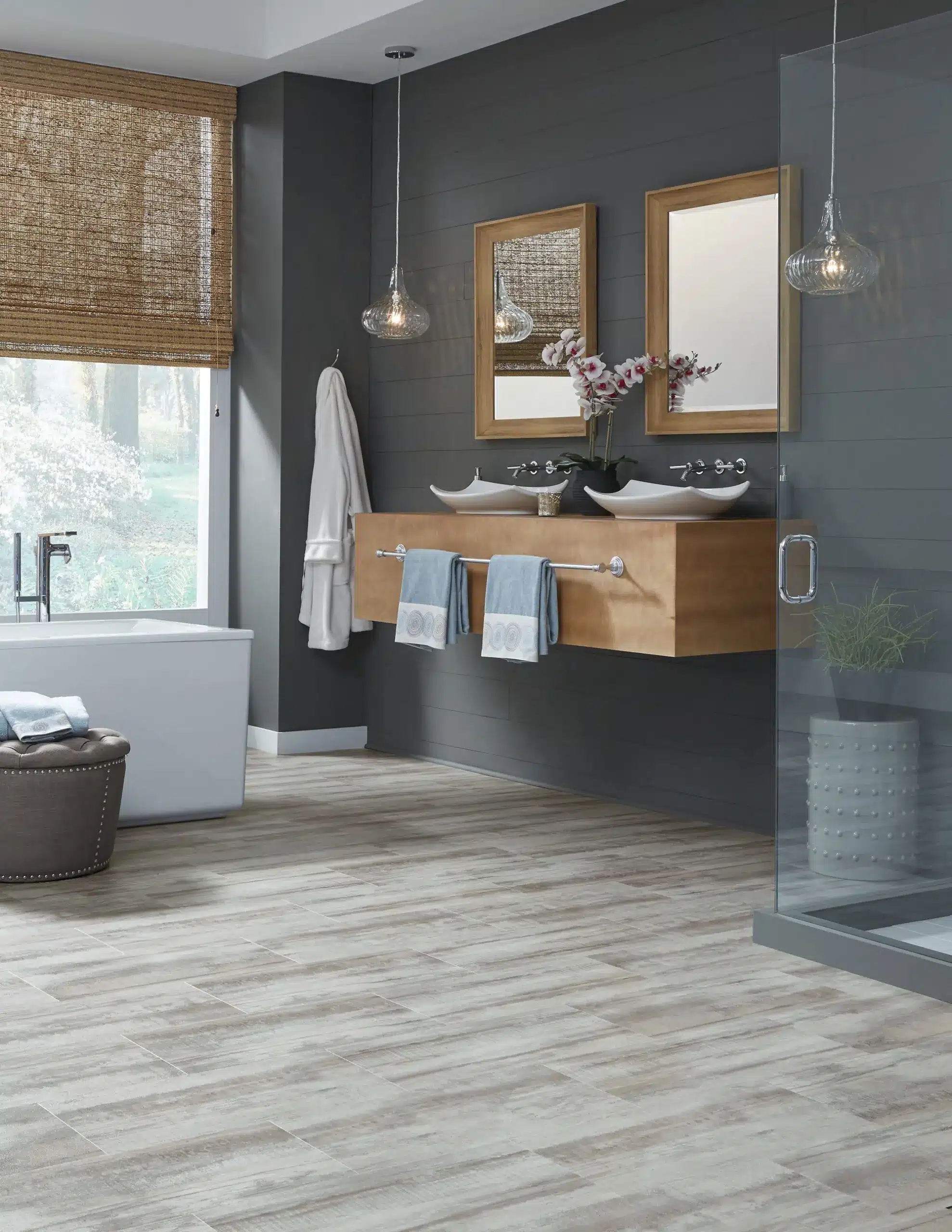
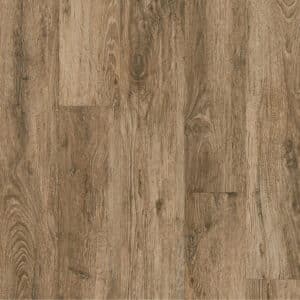
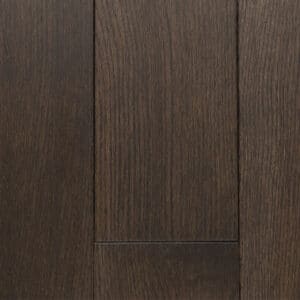
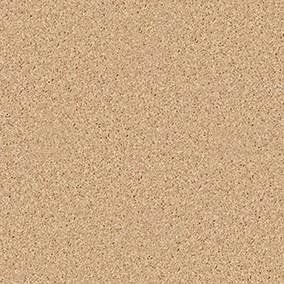
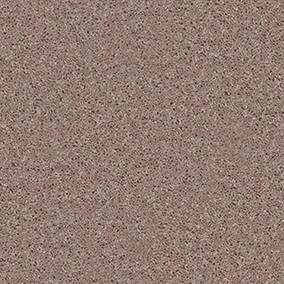
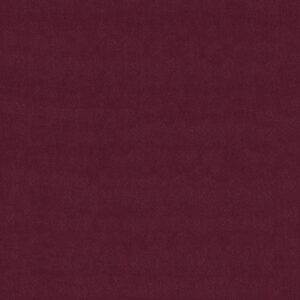
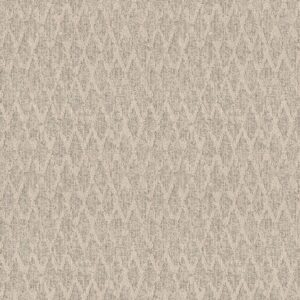
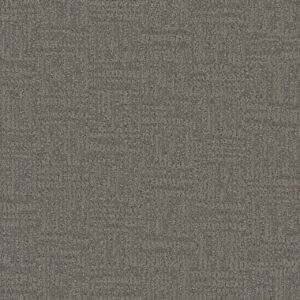
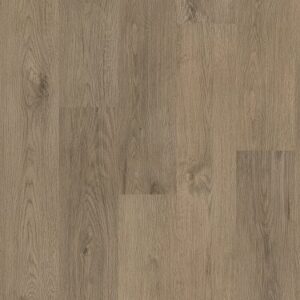
We offer top COREtec colors like Cairo Oak and Calypso Oak, providing expert guidance to help you choose the perfect fit for your space.
Experience the ultimate convenience in flooring with our end-to-end services. From personalized design guidance to professional installation, we help every step to transform your space with ease.
Need flooring but prefer to stay home? No problem! Our Shop-From-Home Program makes scheduling easy.
We’ll visit your home for a free measurement and bring high-quality flooring samples—no need to leave the house!
Your satisfaction is our priority. Every product is backed 100% by the manufacturer’s warranty. Search by warranty to find your perfect floor.
At Rogers Family Flooring, we know great floors deserve expert installation. That’s why we make it easy to connect with one of our trusted installers.
Posted onTrustindex verifies that the original source of the review is Google. I bought about 3,000 square feet of Coretec flooring from Rogers Family Flooring. They were great to work with. They were responsive, had the best price I could find anywhere and delivered as promised. I worked with Dustin Lively and he was fantastic. He always responded to my emails or picked up the phone when I called.Posted onTrustindex verifies that the original source of the review is Google. I bought 1100 sq ft of Mohawk Flooring from Rogers family flooring. They shipped it out right away from the manufacturer It got delivered to my driveway, there was a couple of pieces that where damage. I called Dustin the salesperson who helped me through the online purchase. He immediately called the factory reordered the stuff that was damaged and it was delivered to my house within a couple of days. I was a little skeptical about ordering flooring online because it was so much cheaper than the showroom where I live. Dustin reassured me and came through, what a great product what a great company. Thank you Dustin.Posted onTrustindex verifies that the original source of the review is Google. I’ve had a wonderful experience ordering flooring from Roger’s family flooring. Dustin in particular was extremely kind and helpful he took his time to answer all my questions and explain everything. He always answered my texts/calls and went above and beyond to accommodate our needs. I would highly recommend this place to anyone!Posted onTrustindex verifies that the original source of the review is Google. Dustin was easy to work with, especially since I live out of state. Would highly recommend this company!Posted onTrustindex verifies that the original source of the review is Google. I called Rogers Flooring and spoke with Dustin. I live in Florida and could not find the flooring I was looking for. I did not want to buy from a big box store. Dustin was so helpful got the flooring for me and had it Shipped to Ocala. He was always in communication with me to let know when they received the flooring and when it was due to ship to me. On top of all that I did some research and even with paying to get it shipped to me the price was unbeatable. THANK YOU . When I do my next room I definitely know who to call !Posted onTrustindex verifies that the original source of the review is Google. We got a great price on the flooring and it was shipped to us so quickly! We are very happy so farPosted onTrustindex verifies that the original source of the review is Google. Very very helpful. Good pricing and unbelievably friendlyPosted onTrustindex verifies that the original source of the review is Google. Benji was fantastic to work with—professional, efficient, and made purchasing new flooring a breeze from Georgia to Arkansas. I’ll definitely be returning to Rogers Family Flooring for all my future flooring needs.Posted onTrustindex verifies that the original source of the review is Google. I can’t recommend Roger’s Family Flooring enough! Benji is truly outstanding. He goes above and beyond to ensure every detail is taken care of. He’s incredibly responsive, highly knowledgeable, and a pleasure to work with due to his impeccable manners. We were working on a tight timeline, and Benji did everything possible to adhere to it, keeping us updated throughout the entire process. His dedication and commitment made the experience stress-free and seamless. On top of all that, their prices are unbeatable! If you’re looking for quality flooring and top-notch service, Roger’s Family Flooring is the place to go. Strongly recommended!Posted onTrustindex verifies that the original source of the review is Google. Benji was great to work with and offered exceptional service from afar. They were able to ship all the way to Vermont. Great prices!
Explore our frequently asked questions to find the answers you need to make informed decisions.